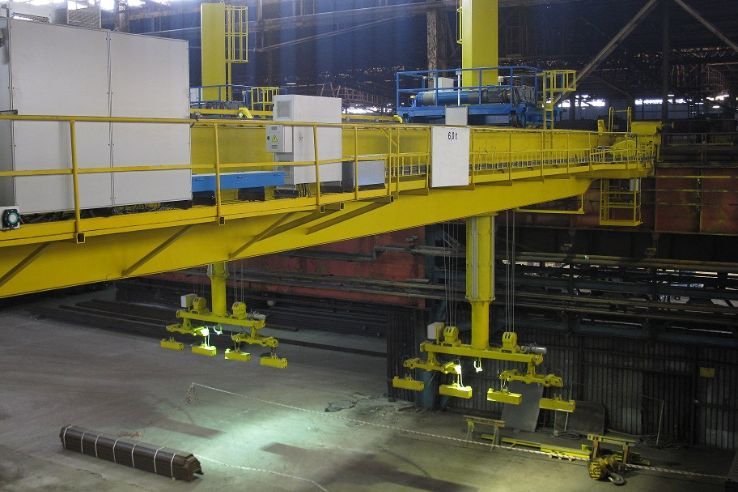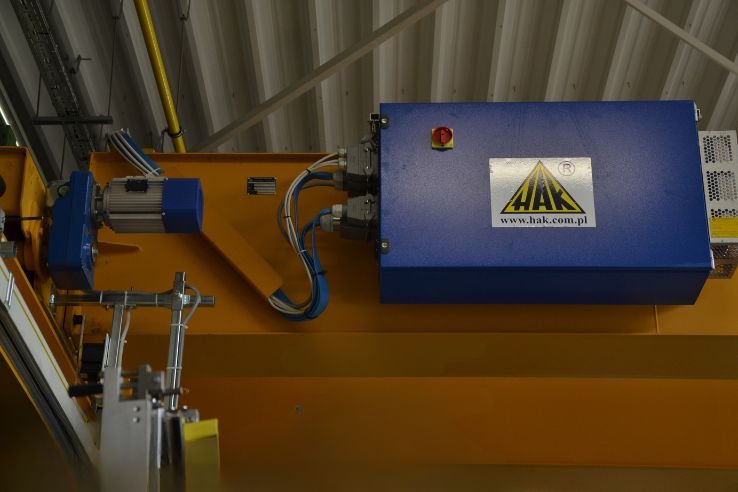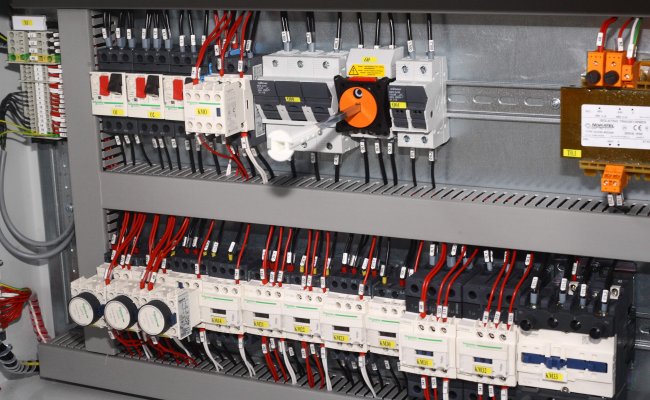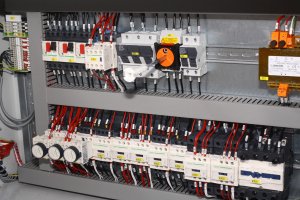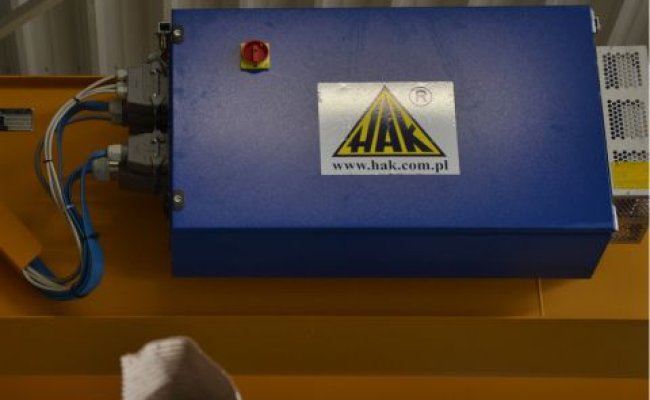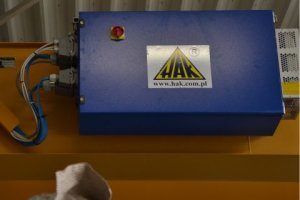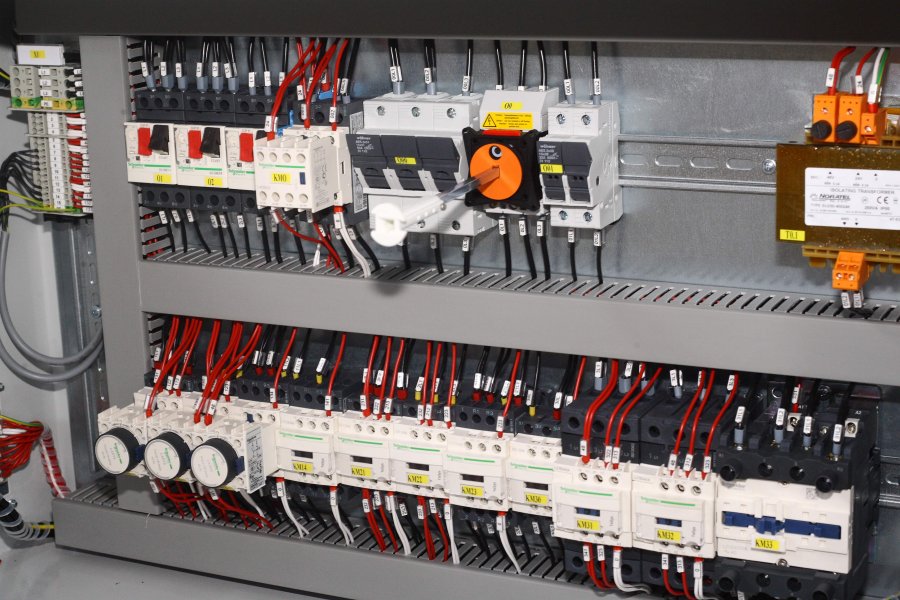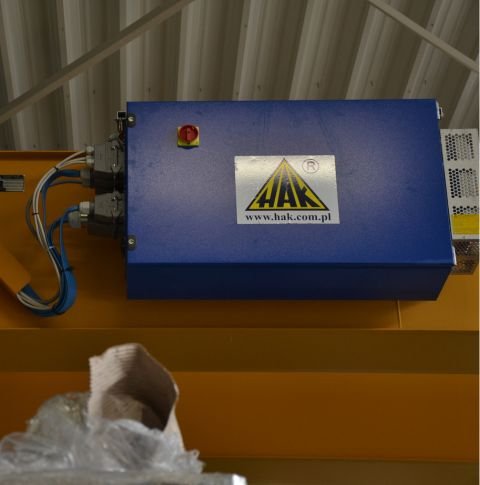Variable Speed Control
Variable speed control using converters, also known as inverter or frequency converter control, is an advanced method of controlling crane movements such as those in overhead cranes, jib cranes, and hoists. Converters transform constant supply voltage into variable voltage with adjustable frequency, allowing for precise adjustment of the rotational speed of electric motors. This enables the operator to smoothly regulate the speed of lifting, lowering, and moving loads, increasing control over crane operations.
Variable speed control is crucial in operations that require high precision and delicacy, such as handling valuable or hazardous loads. It also allows for smoother starts and stops, reducing mechanical wear on components and minimizing the risk of damaging loads. Converters also contribute to improving energy efficiency, as they allow for optimal adjustment of motor speed to current operational needs.
By using converters, crane systems become more flexible and reliable, resulting in increased productivity and workplace safety. This technology is widely used in various industrial sectors, including warehouses, ports, manufacturing plants, and construction sites, where precise control and energy efficiency are essential.




